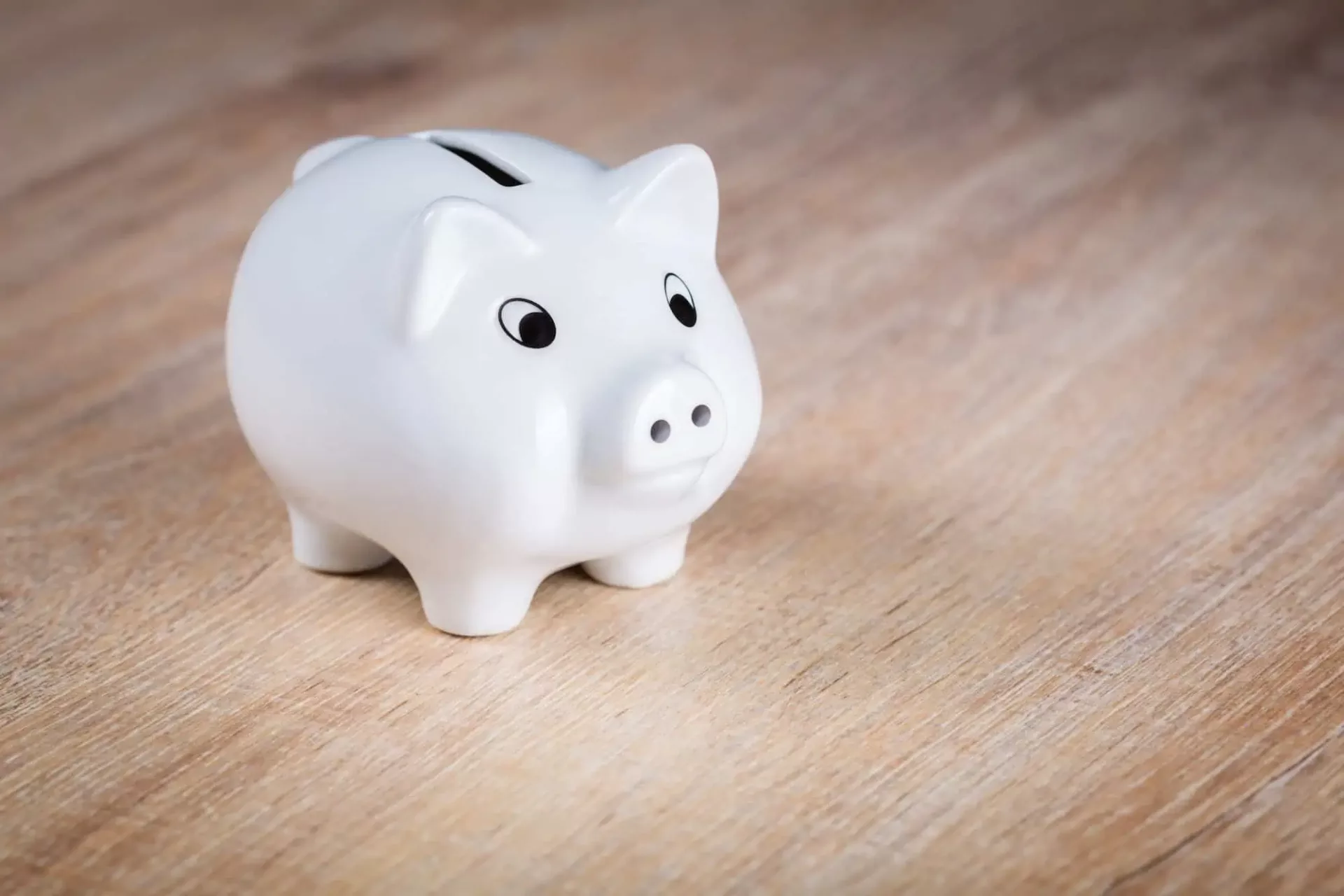Escrow is another one of those complicated real estate terms that you’re not really sure what it is or what it means until you actually have to use it. If you’re a first time home buyer, you may have absolutely zero clue what the heck an “escrow” is at all. Escrow is a sort of liminal space in the home buying process, where deals and transactions are frozen in time while you sort everything out. Zillow defines it as: “when an impartial third party holds on to something of value during a transaction.” You may be thinking ‘Okay, well, it still sounds complicated.’ And don’t worry, it is complicated. That’s why we’ve written this article all about escrow: what it is, how it works, why it’s needed, and how long the process takes. Let’s jump right into it!
Escrow in Detail
First, it should probably be noted that regarding mortgages, “escrow” and “escrow accounts” are two separate concepts. Escrow is the process in which a neutral third party mediates the transactions in a real estate deal, keeping money and property “in escrow” while the two parties negotiate. Then, once both sides come to an agreement and the conditions are met for the sale to close, the funds are released and allocated to their respective rightful owners.
An escrow account on the other hand, is an account that helps manage a mortgage borrower’s annual tax and insurance costs. Homeowners will typically pay money into this escrow account on a monthly basis, and then the lender can automatically pull the required funds for associated real estate fees so that the homeowner doesn’t have to worry about it. An escrow account is usually automatically created by the bank or direct mortgage lender that you secure your mortgage from. By having this account in place, it reduces the risk of the homeowner falling behind on payments to the government or insurance provider, so it’s a kind of safety net in that sense.
Though escrow and escrow accounts have different definitions, both of these have one consistent element in common: escrow is a way to store funds for safekeeping until they are needed to serve their intended purpose, whatever that may be.
How Do Escrow Accounts Work?

As we mentioned earlier, an escrow account is established when you obtain a mortgage loan from a bank or direct lender for the purpose of helping you keep up to date with your property taxes and homeowner’s insurance premiums. Because these fees are owed on an annual basis, it can be easy to forget about what you will inevitably owe by the end of the year. This is why an escrow account is helpful, because you have an established amount to be paid monthly into the account to accumulate, that will cover all of those annual costs so that you aren’t taken by surprise.
Downsides of Escrow Accounts
Escrow accounts are in place to keep you on track as a homeowner and to ensure that the bank or lender is protected as much as possible when it comes to annual fees. There is a mutual benefit to these accounts, which takes a lot of pressure off of everyone involved. However, unfortunately this setup does not come without drawbacks. One of these is that lenders typically require you to maintain a minimum balance in your escrow account to protect against unexpected increases in cost. This evens out to be around two months of expenses on your mortgage escrow account. Although, depending on how “risky” your mortgage is considered to be, the limit could be even higher. Lenders will review your account once a year to ensure that the calculated payments are aligned with the costs.
Buying a Home and Escrow
Now we’ll talk more about escrow in regards to property transactions and transfers. When buying a home, the process begins when you make an offer. When you make an offer on a home, you will write an earnest money check that will go straight into escrow. Again, this means it’s not going straight to the seller, but rather it is being held by the impartial third party until negotiations wrap up and you’re able to finalize the contract and close the deal. This way, the seller can see that you have the money for the home, and that it will be ready to be handed over if they accept the offer. This also proves that you are serious as a buyer and have the cash to back it up.
Neither party can access the money while it is in escrow. This protects the prospective buyer and the seller, because if the offer money was sent to the seller right away and you were unable to come to an agreement on terms of sale, the seller could hold the money hostage to get a leg up in negotiations. And on the other hand, a seller wouldn’t want to accept your offer without knowing for sure that you could pay for it. And there’d be no way they’d want to sign over the deed to the home until you’ve written up and sent the check. Escrow ensures that every party involved gets what they need, when they need it. This makes for a smooth, easy closing on the home.
When the purchase of the home is completed, this will lead to a closing of escrow. This closing is essentially the final step in the closing process when the purchase is completed. When this occurs, a closing or “escrow officer” (often times an attorney) will oversee the final paperwork and allocate the funds to their respective deserving parties. They are also in charge of recording of deeds. They will make sure that all of the money is disbursed properly, that all necessary documents are signed and recorded, and that all the closing conditions are met before officially closing the escrow.
Escrow Fees
When going through the home buying process, paying escrow fees will be part of the deal. Typically, these services for a home purchase will run you anywhere from 1–2% of the final price. Considering the national median home value is around $226,800, this could be $2,000 to $4,000, which will be tied in with your other closing costs. But there’s some good news: the fees are totally negotiable. You can ask the other party to cover part or possible all of the escrow fees, which they may be inclined to do in order to close the deal quicker.
If you are purchasing the house, you will need to deposit 1–3% of the final sale price into a joint escrow account with the seller. This is that “earnest money” check we mentioned earlier in the article. This also serves another purpose: it obligates the seller to remove the listing from the market while the transaction gets finalized. This means that no one else can swoop in and make a better offer while you’re in negotiations with the seller. This earnest money will be applied towards your down payment on the house, so it doesn’t really count as an additional fee, but you should be aware that it is possible to forfeit that money if you cannot come to a final agreement with the seller.
How Long Does the Escrow Process Last?
Your average escrow is a period of 30 days. This is usually enough time for the title company to run the title report in search of any liens, easements, lawsuits, etc. Otherwise, how quickly the escrow process moves is all dependent on the buyer. First to be considered is the loan contingency, which automatically adds 17 days for the loan to go through the underwriting and approval process.
The next factor is appraisal. If the professional appraiser ordered by the bank finds that there is a difference between the appraisal amount and the purchase price, the buyer must either back out of the sale or be required to pay the difference in cash.
Finally, a buyer might need an extension to complete, review, and sign off on any inspection findings. This may extend the escrow period in order for the buyer to gather additional information on the property.
So in conclusion, an escrow period can last anywhere from a week (which is fairly quick) to a month, and potentially beyond depending on how much time the buyer can reasonably extend it. As a seller, odds are you want the shortest possible escrow period, so make sure that you are quick and efficient at providing any and all information that the buyer will need in order to finalize the deal.
Closing Thoughts
Hopefully you’ve learned a lot from our crash course in escrow accounts and real estate escrow. The more you knowledge you possess about the process of home buying and selling, the easier it will be for you to negotiate in the future.
Get Your No Obligation Offer in 24 Hours or Less!
Give us a call at (702) 213-9800 or fill out our form to get started.
